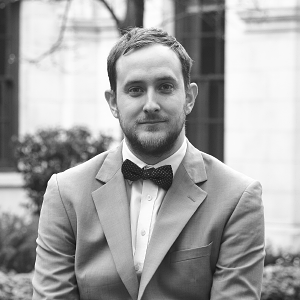This week the Education Endowment Foundation (EEF) celebrated its fifth birthday. Over the course of a few short years, the EEF has achieved truly remarkable things. One hundred randomised controlled trials (RCTs) in education have been commissioned by the EEF in that time – orders of magnitude more than had been conducted before in the UK. Eight thousand schools have been involved in these trials, reaching hundreds of thousands of young people. We are honoured to have been part of some of these trials, be it contributing to the design of a successful intervention as in the case of the parental texting programme, or serving as an evaluator.
If the EEF’s successes are numerically impressive, they are culturally all the more so. The word ‘transformative’ is commonly used, but in this case, it is apt. The change in the teaching profession from having little good quality causal evidence to call on, to accepting randomised trials, through to embracing them and being hungry for more, is as surprising in its scale as it has been dizzying in its pace. The sheer number of schools involved in trials – nearly half the schools in the UK – is hugely impressive. That the leader column in Tuesday’s Times cited an EEF-funded RCT about homework is further testament to how far the debate has moved in just five years.
The EEF are not done yet. As Sir Kevan Collins, the EEF’s Chief Executive, made clear in his remarks at the 5th birthday event, there is much yet to be done. Half of all children who started school 13 years ago receiving Free School Meals, and who have just completed their compulsory schooling, have failed to get a C at GCSE in English and Maths. Knowing what works is only half of the equation here – doing what works is the only way to ensure that the next generation of young people are better served than the last. As Sir Kevan outlined, understanding how to get evidence to be used by professionals is a growing part of the EEF’s work.
We should also think about the impacts of the EEF that are broader still. The change that has come to education research in the last five years need not stay there. We have just completed, and will soon be reporting on, the first RCT in Children’s Social Care in the UK (that we are aware of). Surely the 400,000 young people classed ‘Children In Need’ in 2015-2016, the 50,000 subject to child protection plans – young people whose outcomes across a wide range of metrics are worse than their peers – can benefit from the same evidence-based approach to practice that has made such a difference in education. While being proud of what has been done by the 19 people at the EEF in the last five years, we should look elsewhere and think what could be done with a similar application of treasure, talent, and passion.
